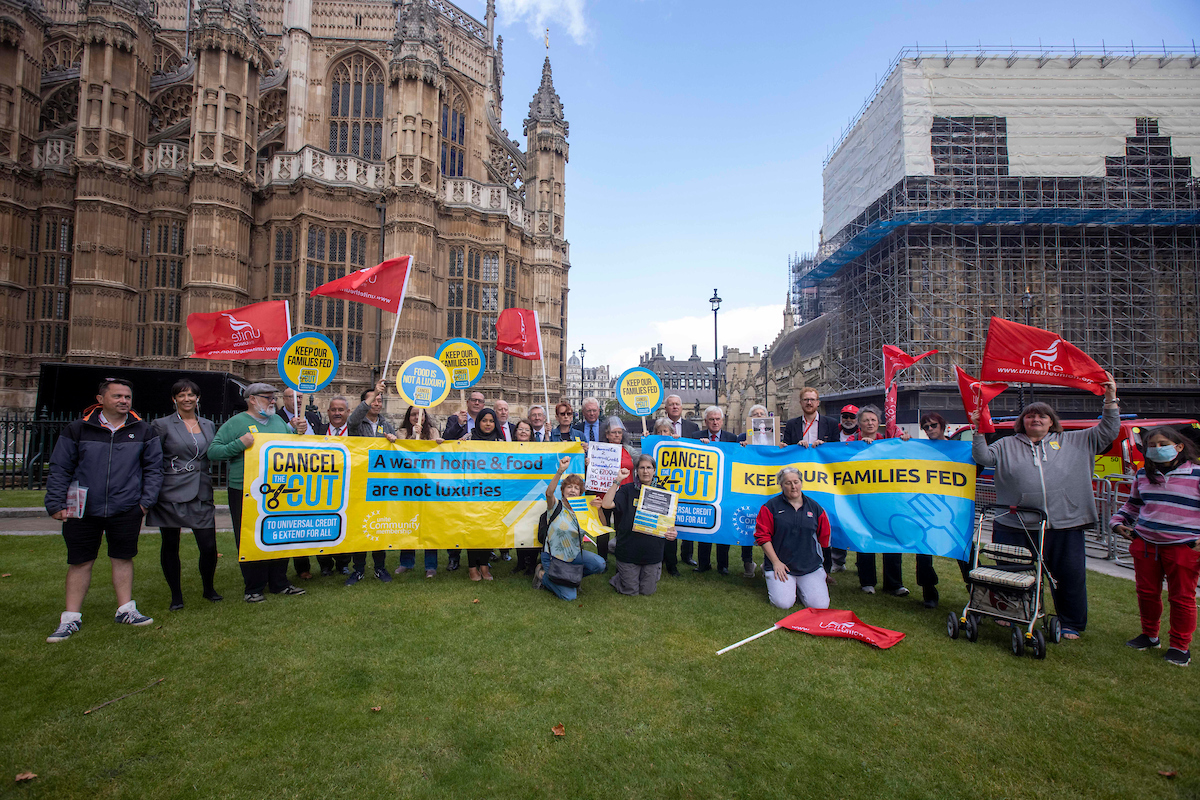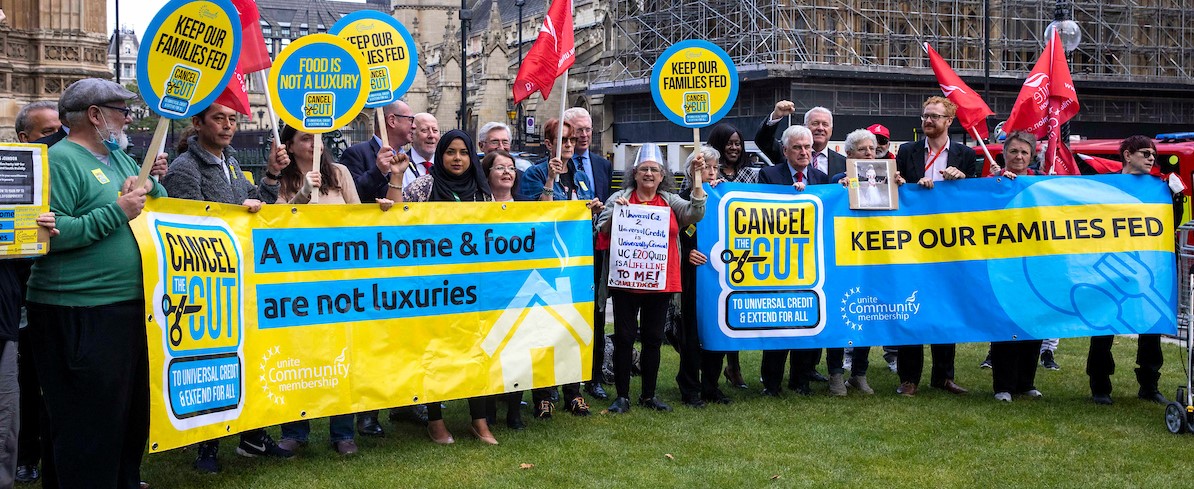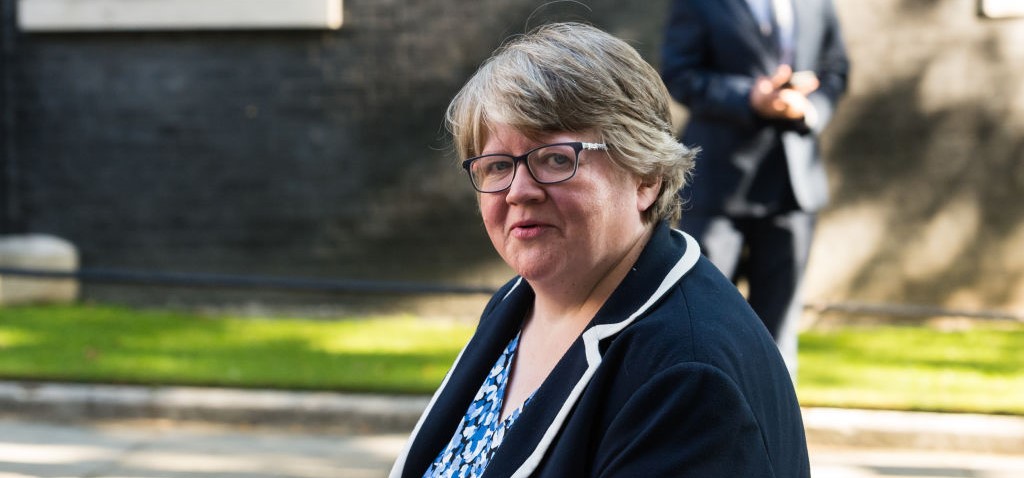‘It simply doesn’t work’
Universal Credit – the government’s flagship welfare reform rolling six benefits into one – was today (June 15) slated by a government watchdog.
The National Audit Office (NAO) published a new report showing that not only has Universal Credit failed to encourage more people into work, the reform – which has forced many people out of their homes after having fallen into rent arrears and has forced others to turn to food banks – hasn’t saved the taxpayer any money. In fact, Universal Credit has cost more to implement than the system it replaced.
“We think the larger claims for universal credit, such as boosted employment, are unlikely to be demonstrable at any point in future,” said NAO head Amyas Morse. “Nor for that matter will value for money.”
Universal Credit – which replaces Jobseeker’s Allowance, Income Support, Housing Benefit, Employment and Support Allowance, Working Tax Credit and Child Tax Credit – has been beset by delays since its planned rollout, now six years behind schedule. About £2bn has been spent to create and administer Universal Credit to date, including on an IT system plagued by technical glitches.
Now, only about 850,000 people are on Universal Credit – far short of the 8m people who are expected to be claiming it by the end of the full roll out in 2023.
Hardship
The NAO report highlighted the struggles faced by many households who’ve transferred from the legacy benefits system to the new one – one in five claimants have had their payments delayed. This, the watchdog said, has led to families falling behind on their rent or being forced to take on emergency hardship loans which have pushed people further into debt. In areas where Universal Credit has been rolled out, there has been a 30 per cent increase in foodbank use.
The NAO criticised the Department of Work and Pensions (DWP) for the way it treated claimants, noting that the department was often dismissive of claimants’ hardship. The report highlighted that the DWP “has not shown sufficient sensitivity towards some claimants.”
Strikingly, the NAO noted that the entire premise of Universal Credit may never be realised – it said the department “will never be able to measure whether Universal Credit actually leads to 200,000 more people in work, because it cannot isolate the effect of Universal Credit from other economic factors in increasing employment.”
Universal Credit’s two other core goals – to reduce fraud and to deliver savings – were likewise cast into doubt by the report.  The DWP now spends about £700 per Universal Credit claim, quadruple the amount that the department first estimated.
Labour’ shadow work and pensions secretary Margaret Greenwood said that the report “shows just how disastrously wrong the Conservatives have got the roll out of Universal Credit.
“The Government has shamelessly ignored warning after warning about the devastating impact their flagship welfare reform has had on people’s lives,” she noted. “It’s because of their failure that people are being forced into debt, rent arrears and to rely on food banks to survive.
“The Conservatives must show some compassion to the people struggling to cope. They must pause and fix Universal Credit as matter of urgency so that no more vulnerable people are pushed into poverty because of their policies.”
Universal Credit high court ruling
The NAO report comes just one day after two severely disabled men were found to have been unlawfully discriminated against when they were moved on to Universal Credit, in a high court ruling on Thursday (June 14).
Both of the men in the case,  identified as TP and AR, were forced to move to a new area because of circumstances beyond their control – one to access specialist health services for non-Hodgkin lymphoma and the other because he could no longer afford to live in his flat after he was hit with the bedroom tax.
The men both moved to local authorities where Universal Credit had been rolled out and so were forced to move on to the new benefits system. They were assured that their benefits wouldn’t decrease, but in the end, after top-premiums for their disabilities were removed, they each lost nearly £200 a month under Universal Credit.
The high court found that the DWP had breached the Equality Act 2010 for failing to consider the effects of withdrawing premiums from severely disabled people and disabled people who live alone without a carer. Yesterday’s ruling was the first legal test against Universal Credit.
Revelations of the latest failings of the government’s benefits reforms came as last month, Unite Community organised a national day of action against Universal Credit, which drew thousands of people from across the UK.
Head of Unite Community Liane Groves said both the NAO report and the high court ruling demonstrate the intrinsic problems with Universal Credit.
“The report highlights what we at Unite Community has been saying all along – Universal Credit simply doesn’t work, not even on its own grounds,” she said. “In the process, it is causing untold suffering up and down the country for those who are most vulnerable to begin with – disabled people, single parents, those struggling to find secure, decently paid employment, those without internet access and many, many others.
“Unite is demanding a cut in the long waits to receive money, for people to be able to apply in job centres, not just online, better help for people when the system fails, landlords to be paid directly to avoid people getting into rent arrears and losing their homes, and an end to benefit sanctions for people in and out of work.”
 Like
Like Follow
Follow


